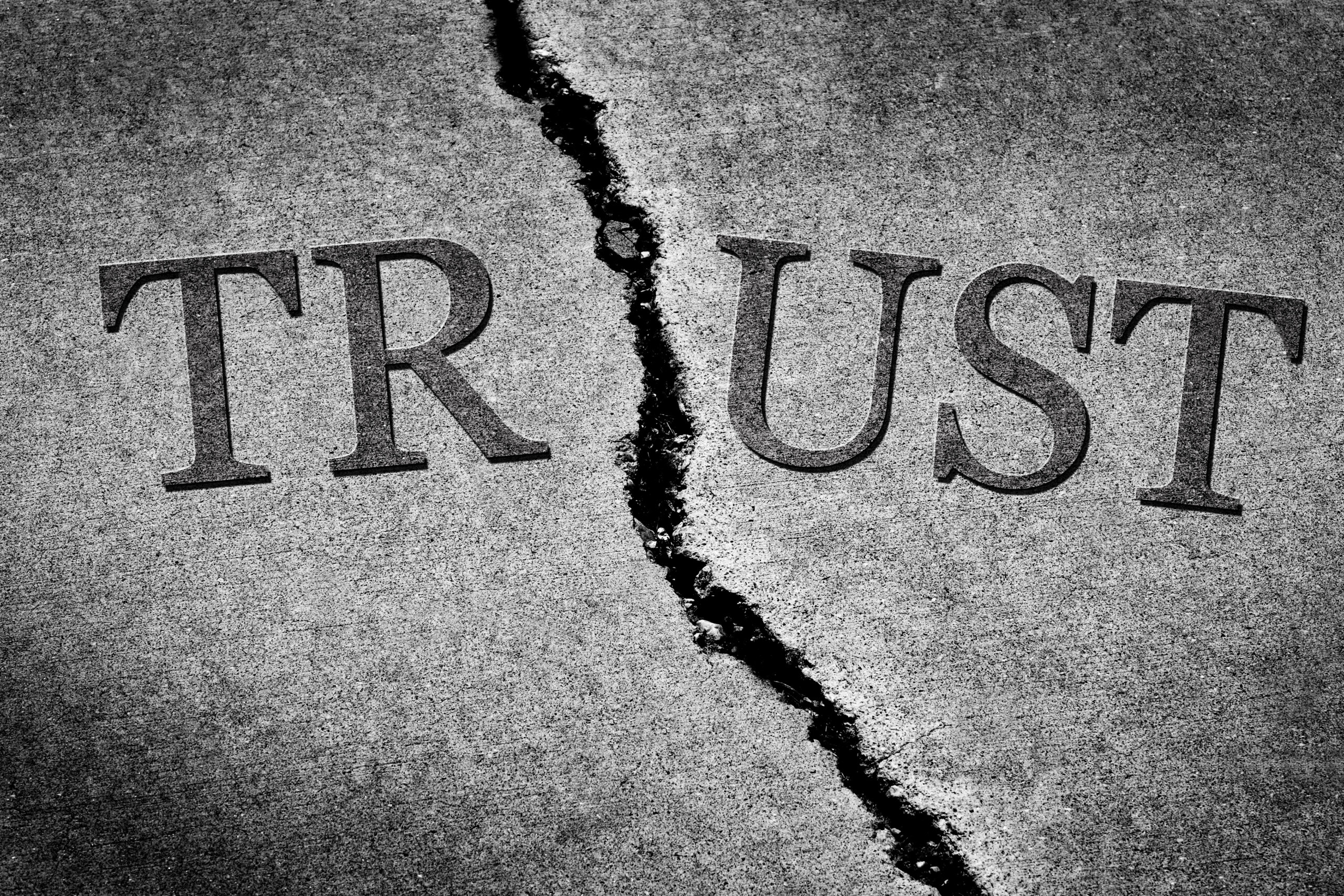
Recent Advice on Hiring Internal Auditor’s You Can ‘Trust’ Is Misdirected
January 31, 2023
When an Internal Audit Client Shows You Who They Are – Believe Them!
February 13, 2023OK, I know, my headline isn’t grammatically correct. But in full transparency, I repurposed the phrase from Norman Keith Collins, known popularly as Sailor Jerry,a prominent 20th century American tattoo artist from Hawaii. I don’t normally quote tattoo artists, but I think Sailor Jerry was on to something: You generally get what you pay for.
What does all of this have to do with internal auditors? I believe it is precisely the problem that plagues some internal audit functions, and it is a contributing factor to the lingering talent shortage facing the profession. I also believe that it is not always an accident that internal auditors (starting with the CAE) are not paid as well as they should be.
Case in point: the Robert Half 2023 Salary Guide. Once again, I came away disappointed with internal audit salaries compared with some of their corporate counterparts, particularly in the CFO’s organization where the median salary for the VP of finance is greater that the CAE’s. An even more compelling statistic comes from Ziprecuriter.com who reports the average pay for entry level internal auditors comes out to around $27 per hour. I can’t help but note that California voters will vote next year to enable state’s minimum wage to rise to as much as $22 per hour. Those numbers may sound attractive to internal auditors in other parts of the world where internal audit salaries are a fraction of those amounts.
A seasoned executive recruiter once shared his frustration with me that a number of high-profile companies were offering below-market salaries for their CAE positions. I said I wasn’t surprised. In fact, I shared my long-held view that some companies don’t want a strong CAE, so they price the role accordingly. After all, as Sailor Jerry understood, you get what you pay for.
On the surface, organizations that underpay internal audit talent simply appear to be shortsighted in trying to save money at the price of maintaining a well-run internal audit function. At worse, we’re talking about benign neglect, right? Wrong. The truth is, there is a much more treacherous side to this equation.
I believe it is no accident when some companies low-ball salaries, and that it is frequently a disguised attempt to recruit weaker talent. Bluntly, in these instances, management seeks to weaken internal audit in order to avoid accountability.
But when such underhanded manipulation occurs, I blame boards and their audit committees for allowing it to happen because they’re asleep at the wheel.
This certainly not the only deceitful way to limit internal audit’s reach. A few years ago, I wrote about a battle over funding of the Delaware state audit function. A scheduled pay raise for state auditors — money that would help keep pay scales competitive with the private sector — was held up by partisan politics. Starving the government watchdogs is an effective way of keeping them from biting.
To be clear, I believe most corporate boards, executives and government officials appreciate a strong and effective internal audit function and the oversight it brings. They recognize internal audit as vital to healthy risk management and internal controls. They also understand that, to get the most out of the internal audit function, it must be well-resourced and independent.
However, in my almost 50 years in the profession, I have witnessed too many cases in which a strong internal audit function was not welcomed by corporate and government executives. They would rather keep internal audit as window dressing and not as a window to corporate or government accountability.
Regrettably, starving the function is not the only weapon to keeping it under control. An Internal Audit Foundation research report from a few years ago, “The Politics of Internal Auditing,” found management pressure as a pervasive threat to internal audit’s objectivity.
More than half of North American CAEs who responded to the Foundation’s survey reported being directed to omit or modify important audit findings at least once in their careers. What’s more, 49 percent said they were directed to not perform work in high-risk areas, according to the report.
Such data suggest widespread efforts by management to unduly influence internal audit. So, by bringing in weaker talent at the CAE level, management improves its chances of succeeding. And success in this instance is a breeding ground for future failure.
It is not a stretch to conclude that executives who shy from objective scrutiny may have something to hide. I’m not suggesting there is always criminal intent; there is likely a whiff of inefficiency, ineffectiveness, incompetence, or unethical behavior. And that speaks to a weak organizational culture, which can be lethal to corporate credibility and shareholder value.
A number of expressions come to mind when trying to characterize the inevitably negative consequences of low-balling or dumbing down the internal audit function. But I’d like to end on a positive note by quoting the guru of smart business and investing, Warren Buffett.
“Price is what you pay. Value is what you get.”
All managers and boards should take this to heart.




I welcome your comments via LinkedIn or Twitter (@rfchambers).